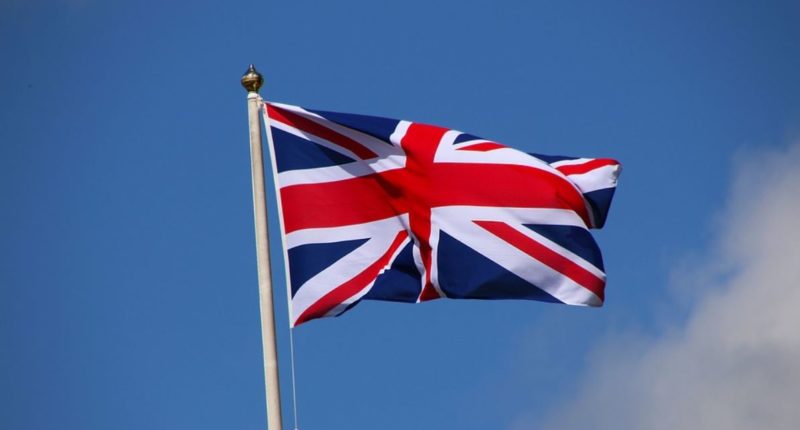Britain’s competition watchdog, the Competition and Markets Authority (CMA), is gearing up to wield new powers from the government, aiming to regulate major tech players like Meta owned by Zuckerberg, Alphabet Inc- the parent company of Google, Amazon and Apple. The regulator plans to enforce rules compelling these tech giants to grant greater data access to their competitors and curb self-promotion within their platforms, according to a report by Reuters.
The access to data that the big companies are required to share with their rivals include transparency relate to the algorithms of the companies, according to policy report published by CMA.
Having flexed its muscles in scrutinizing Microsoft’s acquisition of Activision Blizzard and reviewing the deal between OpenAI, the creator of ChatGPT, and Microsoft, the CMA is prepared to establish a digital markets competition regime. The objective is to foster an environment where emerging tech firms can introduce groundbreaking innovations, enhancing consumer choices and product offerings.
The power bearing authority had established its Digital Markets Unit two years ago with the specific requirements to adhere to the avolving landscape of social media and technology related markets. The status granted by the unit to the big tech companies will require the big tech firms to strictly operate according to the regulations that are upcoming as the Digital Markets Unit gains augmented authority through legislation under parlimentary consideration.
Scheduled to enter the committee stage on January 22, the bill aligns with the CMA’s proactive approach towards enforcing regulations on Big Tech. Simultaneously, CMA executives are visiting Silicon Valley to engage with relevant digital firms, elucidating the operational aspects of the impending regulatory regime.
Anticipating a proactive approach, the CMA foresees initiating three to four investigations within the inaugural year of the new regulatory framework. Recent investigations undertaken by CMA include major tech players such as Amazon, Microsfot, and Meta. Potential interventions may include preventing companies from prioritizing their products, ensuring data and functionality access for competitors, and compelling transparency regarding algorithmic aspects.
Coinciding with this announcement by CMA is the scheduled address of Chief Executive Sarah Cardell at the annual Concurrences Tech Antitrust Conferences in California, providing extended insights into the regulatory landsscape and the role of CMA in overseeing it.
The government of Britain has been giving a lot of power to support the jurisidiction of CMA. For instance, CMA gained legal powers to tailor rules for big tech companies to ensure businesses and consumers in the market are treated fairly by the conglomerates. The “Digital Markets, Competition and Cosumers” law provides them with powers to underpin its remit, and the fine that can be imposed on the companies in a possible case of breaching of rules is upto 10% of the global turnover of the company.
The Tech Portal is published by Blue Box Media Private Limited. Our investors have no influence over our reporting. Read our full Ownership and Funding Disclosure →






